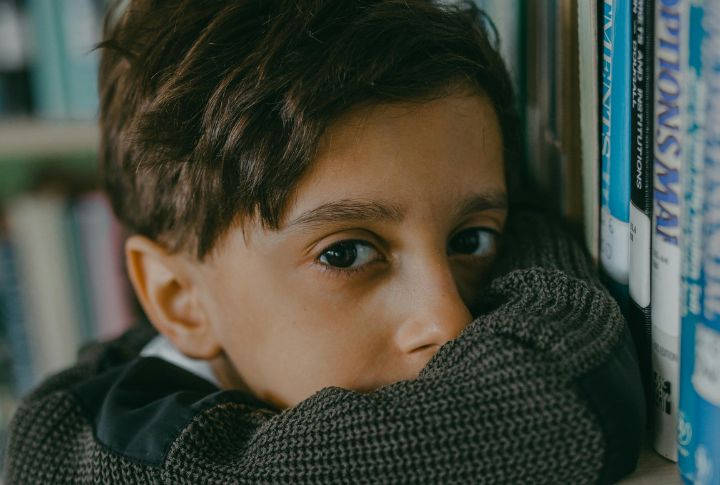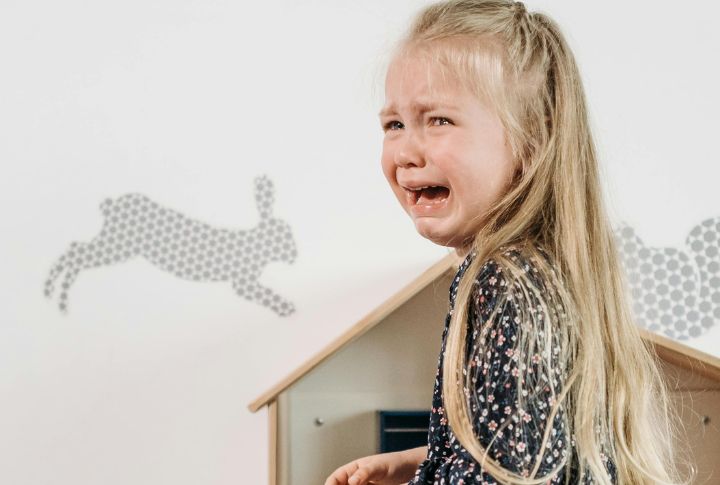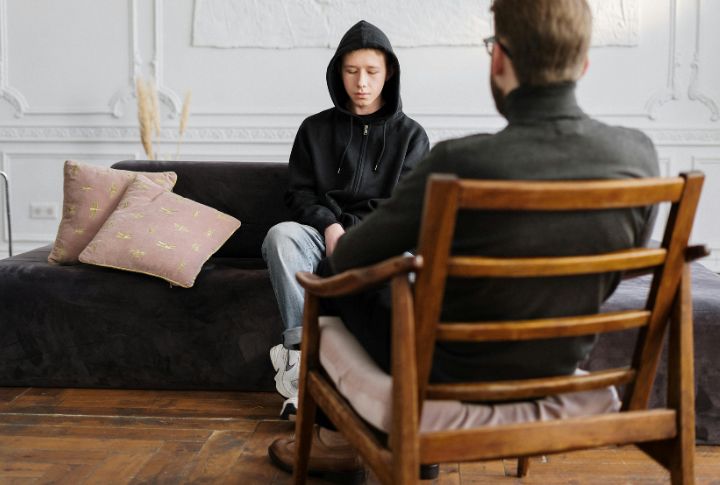
The most painful wounds aren’t always visible; they’re the words that cut deep during vulnerable childhood moments. Even the most loving parents can unknowingly damage their children’s emotional development through phrases meant as guidance or discipline. Adult anxiety, perfectionism, and relationship struggles often connect to those early verbal wounds. Find out which familiar phrases may still echo in your mind.
“You’ll Never Be Good Enough”

This phrase hits like a sledgehammer to a child’s self-worth. Adults who heard this often in their childhood accomplish incredible things yet still feel empty inside. Instead of celebrating achievements, they’re already thinking about what they could’ve done better. That voice becomes their cruelest critic, never letting them enjoy success or feel proud of who they’ve become.
“You’ll Never Find Someone Who Loves You”

This might be the most devastating thing anyone can say to a child’s developing heart. It plants deep, gnawing fears that they’re fundamentally unlovable and destined for loneliness. These adults either settle for terrible relationships because they think it’s all they deserve, or sabotage healthy ones because genuine love feels impossible to believe.
“Why Can’t You Be More Like Your Sibling?”

Parents who make these comparisons create toxic competition that lasts forever. Kids learn that their worth depends on outperforming others rather than developing their unique gifts. And family dinners become battlegrounds where grown siblings still compete for scraps of approval they should’ve received unconditionally as children. Living an entire life measuring yourself against someone else’s accomplishments is utterly draining.
“Stop Crying, You’re Being Ridiculous”

When parents dismiss tears as ridiculous, they’re essentially telling kids their inner world doesn’t matter. Fast forward twenty years, and you’ll find adults who feel embarrassed by their own joy or suppress grief even during profound loss. The emotional buildup eventually leads to explosive outbursts or complete numbness. Someone struggling to feel their own emotions because childhood taught them they were wrong is heartbreaking.
“I’m Disappointed In You”

Parents expressing disappointment makes children hear a judgment on their entire being. The phrase cuts through their sense of self like a knife and leaves wounds that never fully heal. This deep-rooted shame drives them to become chameleons in relationships, constantly adapting to avoid triggering that dreaded response. Their authentic self gets buried under layers of people-pleasing performance.
“You’ll Never Amount To Anything”

Some people spend their entire lives either desperately trying to prove this prediction wrong or sadly fulfilling it. It’s like planting poison in a child’s mind about their own potential and worth. Incredibly successful people sometimes still feel like frauds because this voice whispers that they’re not supposed to succeed. Others just give up before trying, believing the cruel prophecy was destined to be true.
“Do As I Say, Not As I Do”

Children aren’t stupid. They notice hypocrisy immediately and file it away for future reference. This phrase teaches them that rules are arbitrary and trust is fragile. Growing up thinking that authority figures don’t believe in their own standards creates adults who struggle with consistency. They flip-flop between being too rigid with rules or having no boundaries whatsoever in their relationships.
“I Wish You Were Different”

Hearing from the people supposed to love you unconditionally that you’re not acceptable creates deep wounds. These children grow up wearing masks, constantly shape-shifting to become whoever they think will finally earn love and acceptance. But the saddest part is that they lose track of their authentic selves and spend decades trying to rediscover who they really were before the masking began.
“You’re Too Sensitive”

What a devastating way to make someone feel broken for having normal human emotions! Children learn that their emotional responses are fundamentally flawed, so they start building protective walls around their hearts. Years later, they’re either completely shut down emotionally or exploding unpredictably because they never learned healthy processing skills.
“Stop Being Selfish”

Children asking for what they need isn’t selfish; it’s perfectly human and developmentally appropriate. When normal childhood needs get labeled this harshly, kids start believing that wanting anything makes them inherently bad people. These adults become doormats who give endlessly until they’re completely empty, then feel crushing guilt for needing anything in return.

